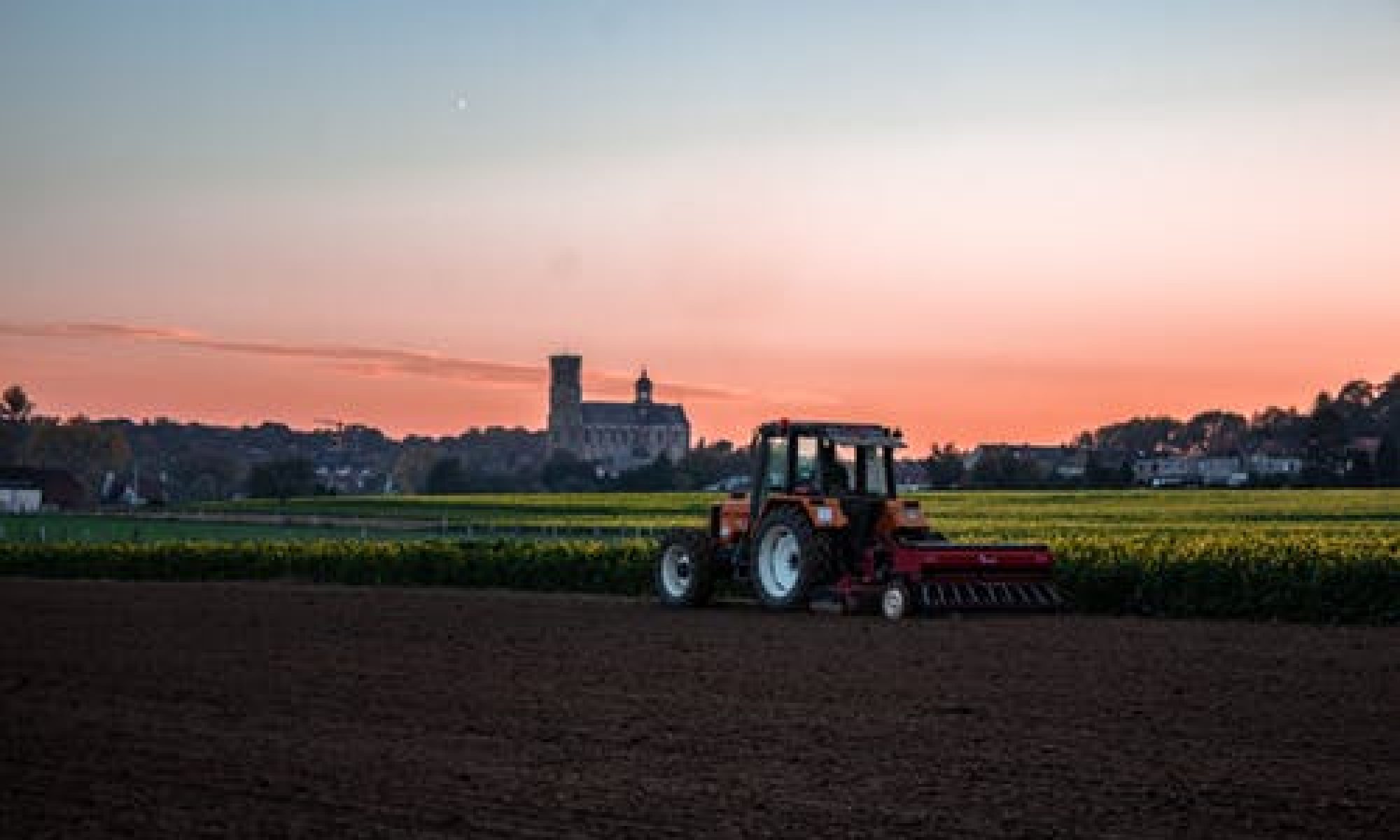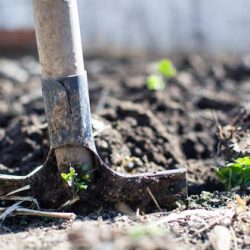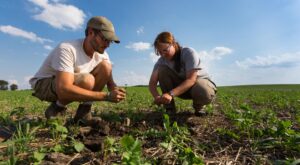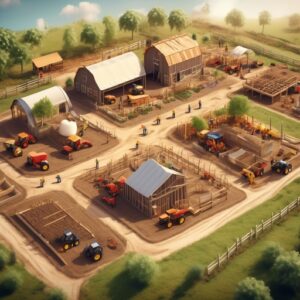In the bustling city of Winston Salem, nestled in the heart of North Carolina, lies a vibrant agricultural community that forms the backbone of the region’s economy. Farms in Winston Salem contribute significantly to the local economy, providing fresh produce, dairy products, and more to the surrounding area. However, amidst the green fields and grazing livestock, there’s a crucial aspect that often gets overlooked: corporate tax preparation.
While farming may seem like a straightforward endeavor, the financial intricacies involved can be complex, especially when it comes to tax obligations. In this article, we’ll explore why corporate tax preparation is essential for Winston Salem farms, delving into the specific challenges they face and the benefits of professional tax services.
Understanding the Complexity of Farming Finances
Farming is not just about planting seeds and harvesting crops; it involves a myriad of financial transactions, including purchasing equipment, managing payroll for employees, and navigating fluctuating market prices.
Different types of income streams: Farms may generate income from various sources such as crop sales, livestock sales, government subsidies, and agritourism activities, each with its own tax implications.
Deductions and credits: Farms are eligible for various tax deductions and credits, including those related to equipment depreciation, conservation efforts, and healthcare expenses for employees.
Compliance with Tax Laws and Regulations
Tax laws affecting farms are constantly evolving, and staying compliant can be challenging for farm owners who are focused on day-to-day operations.
Failure to comply with tax regulations can result in penalties and fines, adding unnecessary financial strain to farm operations.
Corporate tax preparation ensures farms adhere to all relevant tax laws, maximizing deductions and credits while minimizing the risk of non-compliance.
Optimizing Tax Efficiency
Professional tax preparation services can help farms identify opportunities for tax optimization, such as structuring business entities to minimize tax liability and maximize benefits.
Strategic tax planning can help farms make informed decisions regarding asset purchases, expansion plans, and succession planning.
By leveraging tax-saving strategies, farms can retain more of their earnings for reinvestment in infrastructure, technology, and sustainable practices.
Managing Complexities of Agricultural Taxation
Agricultural tax laws often have unique provisions and exemptions that require specialized knowledge to navigate effectively.
Issues such as farm income averaging, crop insurance proceeds, and livestock valuation can complicate tax filings for farm owners.
Corporate tax preparation professionals with experience in agricultural taxation can provide invaluable guidance and support, ensuring farms optimize their tax positions while remaining compliant.
Enhancing Financial Transparency and Reporting
Accurate financial reporting is essential for farm management, investor relations, and securing financing for expansion projects.
Corporate tax preparation services can help farms maintain meticulous records and prepare comprehensive financial statements that reflect their true financial position.
Transparent financial reporting instills confidence in stakeholders, fostering trust and credibility within the agricultural community and beyond.
Conclusion
In conclusion, corporate tax preparation Winston Salem is a crucial component of financial management for Winston Salem farms. From navigating complex tax laws to optimizing tax efficiency and enhancing financial transparency, professional tax services play a vital role in supporting the growth and sustainability of agricultural enterprises.
By partnering with experienced tax professionals who understand the unique challenges and opportunities facing farms, Winston Salem farmers can ensure compliance with tax regulations, minimize tax liability, and make informed financial decisions that propel their businesses forward.
As the agricultural landscape continues to evolve, the importance of proactive tax planning and preparation cannot be overstated. Investing in corporate tax services is not just about fulfilling a legal obligation; it’s about unlocking the full potential of Winston Salem farms and cultivating a thriving agricultural ecosystem for generations to come.











